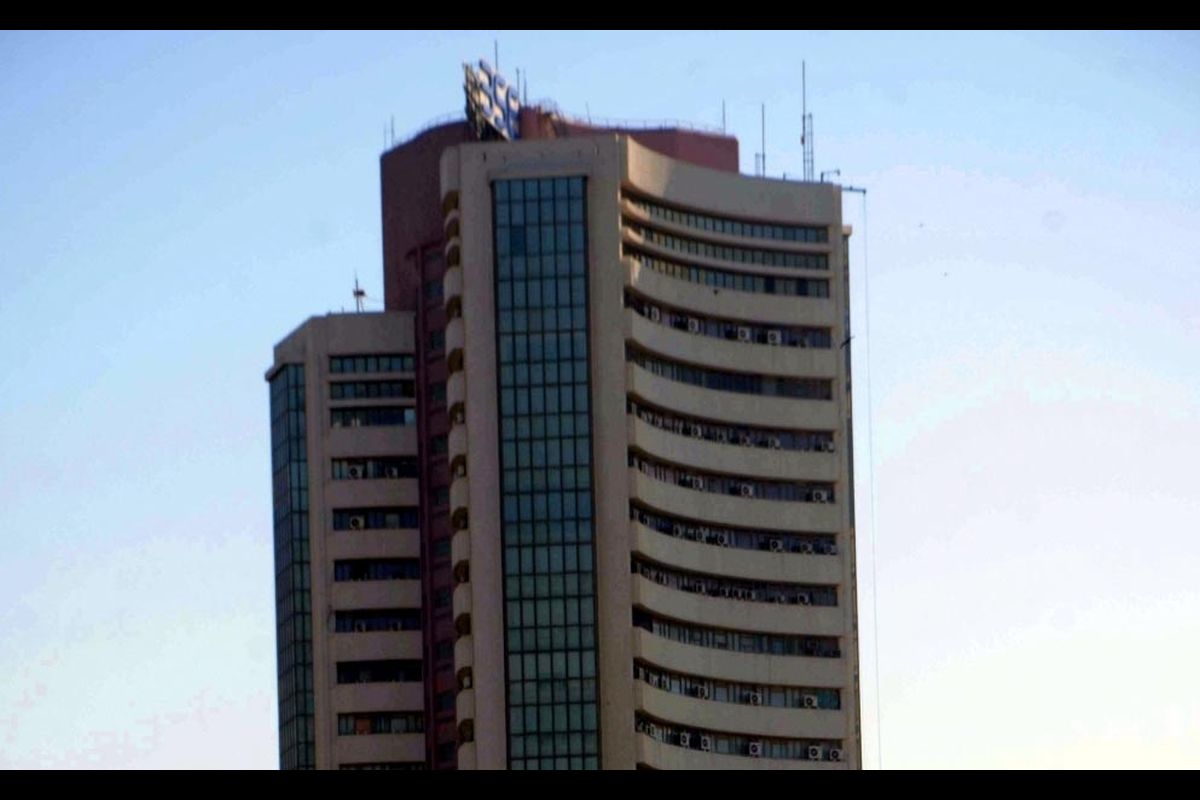Sensex, Nifty sharply advance on back of Maha assembly polls results
Sensex and Nifty sharply advanced in the morning trade on Monday on the back of Maharashtra assembly election.
‘Fear of further outflow of foreign funds is the main trigger today as the government has made it clear that the tax on the super-rich is here to stay.’

Bombay Stock Exchange (BSE). (File Photo: IANS)
As the government swept aside any scope of revoking or tweaking the tax on “super-rich” adversely affecting a chunk of FPIs, a major driver of Indian stock market, Sensex on Friday slumped over 560 points.
“Fear of further outflow of foreign funds is the main trigger today as the government has made it clear that the tax on the super-rich is here to stay,” Siddhaart Khemka, Head of Retail Reseach, Motilal Oswal told IANS.
The Sensex closed 560.45 points lower at 38,337.01 while the Nifty declined by 177.65 points to 11,419.25.
Advertisement
“Pressure will be there in the near-term but FIIs will come eventually return as Indian market continue to be lucrative…but all depends on the return potential. Earlier, a similar fear was there when India decided to stop P-notes (Participatory notes), the FIIs slowed in for a short time but recovered,” Khemka added.
A total of 43 companies out of 50 on the Nifty50 stocks ended lower, with heavy selling seen in auto, pharma and banking stocks.
“Market slid as there was sharp sell-off by foreign funds due to Government’s reluctance to tweak FPIs income tax surcharge, and the deficiency in monsoon rain, which impacted the risk sentiment,” said Vinod Nair, Head of Research, Geojit Financial Services.
Nair added that downward revision in India’s growth to 7 per cent by ADB and lacklustre earnings from domestic corporates added anxiety over premium valuation. Key heavy weights are likely to announce results next week.
Finance Minister Nirmala Sitharaman on Thursday did not offer any respite to the Foreign Portfolio Investors and said that tax on the ‘super-rich’ will not lead to a flight of FPIs.
FPIs have pulled out over Rs 5,000 crore in the month of July till date, the highest outflow markets have seen in 2019, in reaction to the Budget tabled on July 5.
Advertisement